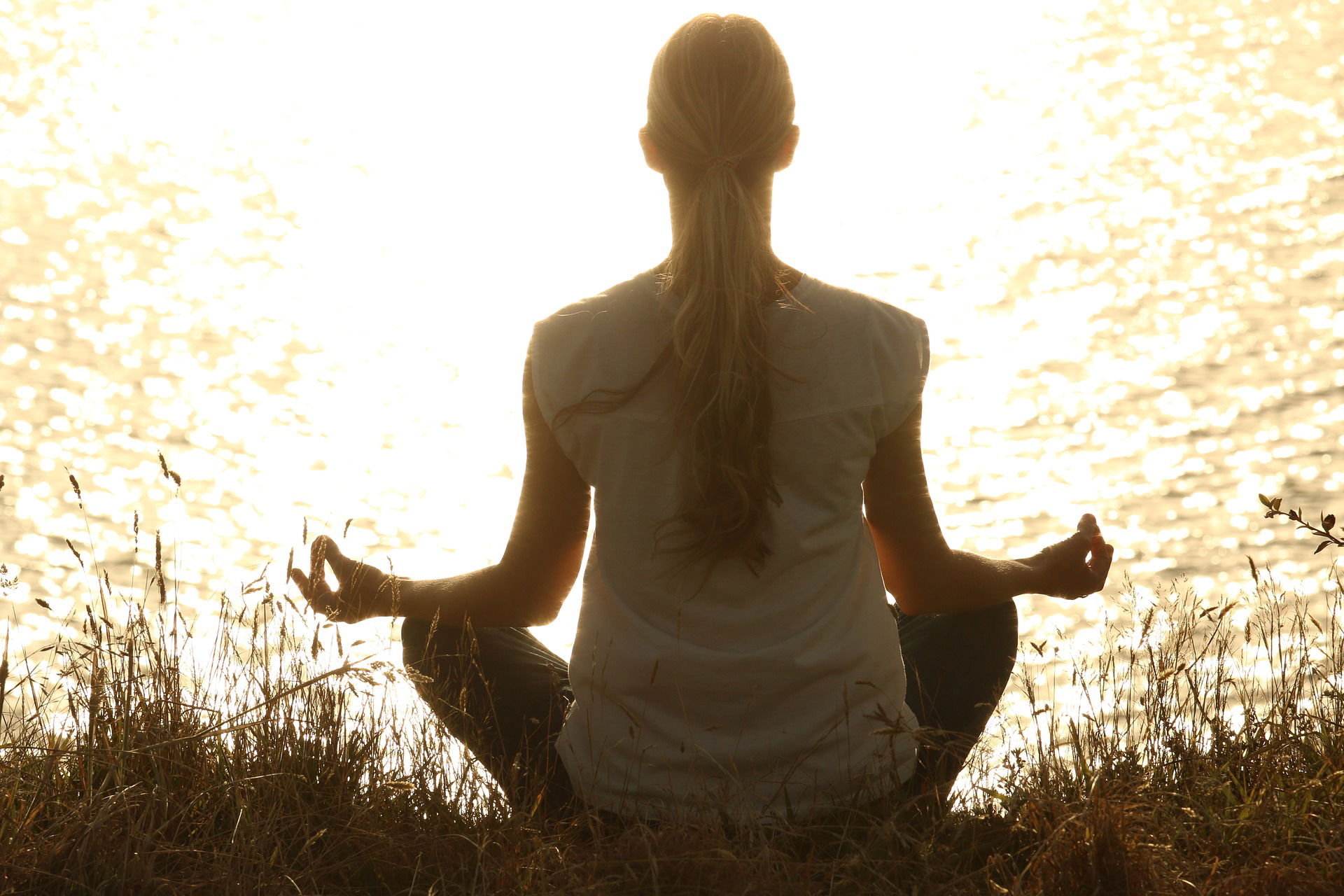Relaxation and Meditation

Relaxation and Meditation - Tools for Stress Management
Information drawn from Complete Well-being: a guide to symptoms and cures – Dr. Caroline Shreeve

Relaxation and meditation are becoming increasingly valued as tools for stress management and for reducing the physical and mental effects of stress.
Relaxation therapy consists of simple breathing exercises and muscle relaxation techniques.
Meditation is a means of achieving deep relaxation and focusing the mind.
Benefits: reduced blood pressure; better-balanced digestion and respiration processes; improved sleep patterns; relief from anxiety and depression.
Relaxation
Slow, regular breathing is central to successful relaxation. You can just lie or sit back comfortably and listen to your chosen sound to help you relax your muscles to experience tranquility. When the breath and body are in quiet harmony the repetition of positive thoughts or intensions is most effective. Some people are able to achieve relaxation on their own, while others need the help of another in the form of ‘guided relaxation’.

Meditation
Like relaxation, meditation concentrates the breath but also using ‘visualisation’ as a powerful tool to achieve deep relaxation of the whole body and mind. During mediation the brain produces high-intensity alpha brainwaves associated with deep relaxation and mental alertness. When the brain is in an alpha state the body gradually relaxes, reversing the body’s fight-or-flight response. Practiced regularly, meditation can provide a healthful physical, mental and spiritual rest from daily activities and stresses, while promoting a sense of well-being and internal harmony.


